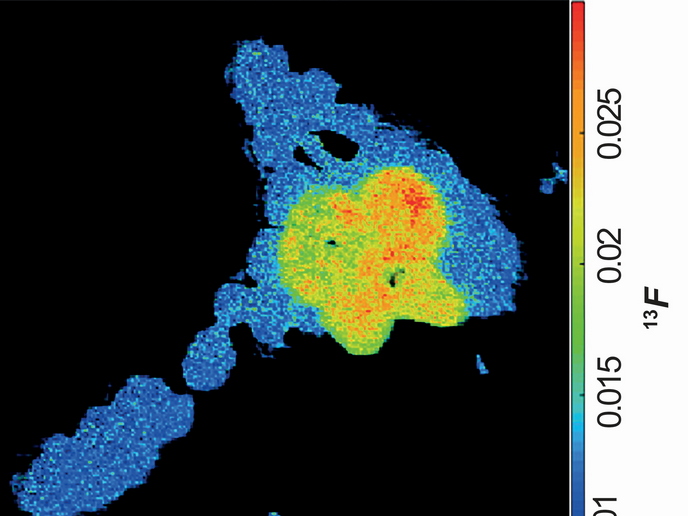From salt to freshwater for crop irrigation
Water – in the form of seawater or waste water from irrigation – is very plentiful, so an EU-funded project, Irriseasoil, organised research to remove the contaminants. The other prime objective was to improve nutrient and water uptake by the crops themselves. Crops, salted water and soil were characterised from two trial sites. The data was then integrated to a comprehensive library of nutrients and organic compounds. Irriseasoil scientists also analysed the chemical composition of water destined for desalination. The researchers developed cheap, highly effective recyclable polymers for desalination. Based on crown ethers and polymers, the most effective receptors to remove selected compounds were also chosen on their ability to attach to solid supports (polymer beads) and compared with existing ion-exchangers. Laboratory-based tests were also conducted for salt removal encompassing social, economic and technical requirements to design and construct a mobile desalination unit. To increase plant fitness, tests were done on growth factors, nutrients and plant protectors added to the purified water to optimise plant growth and disease resistance. Irriseasoil developed a successful patented material for incorporation into desalination systems. Not only is it efficient but the material is also easily recyclable. Commercial usage in areas like the Mediterranean basin seems highly likely where water shortage is a primary concern.







